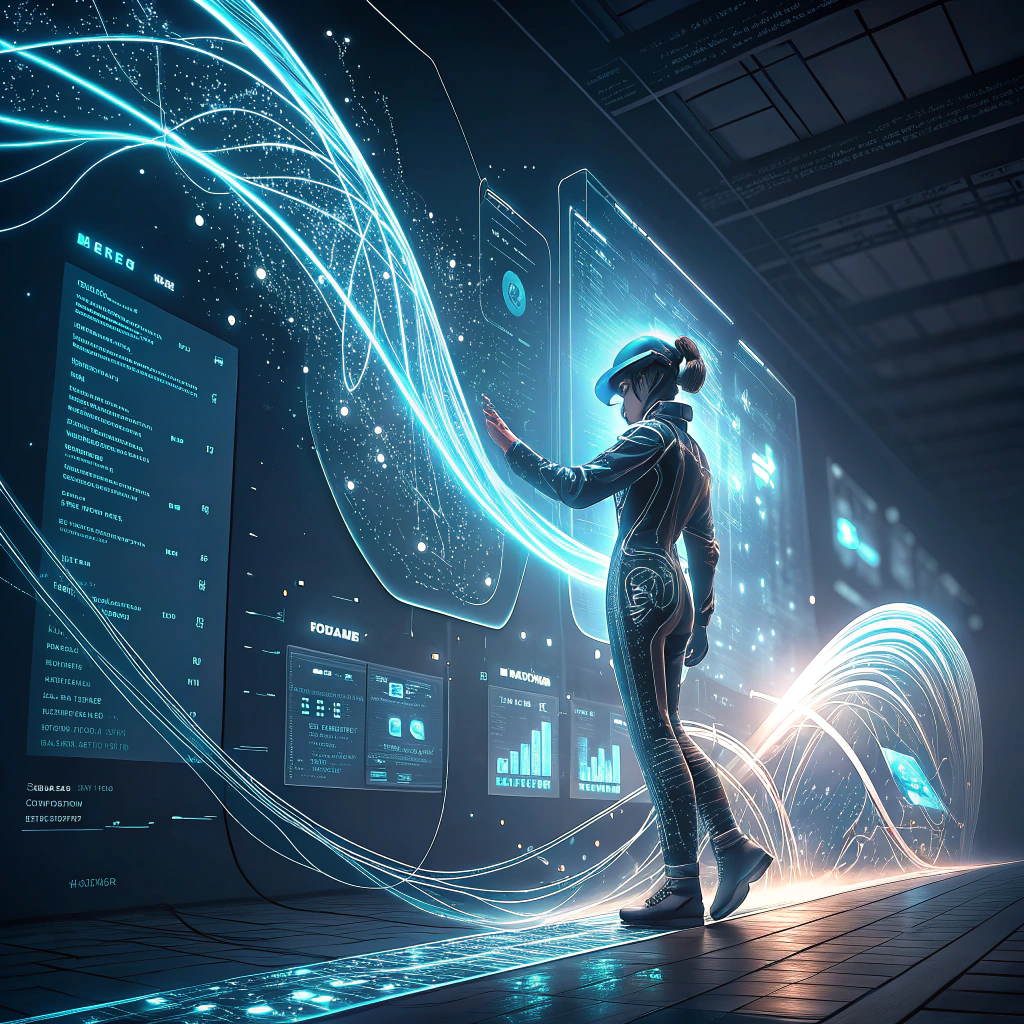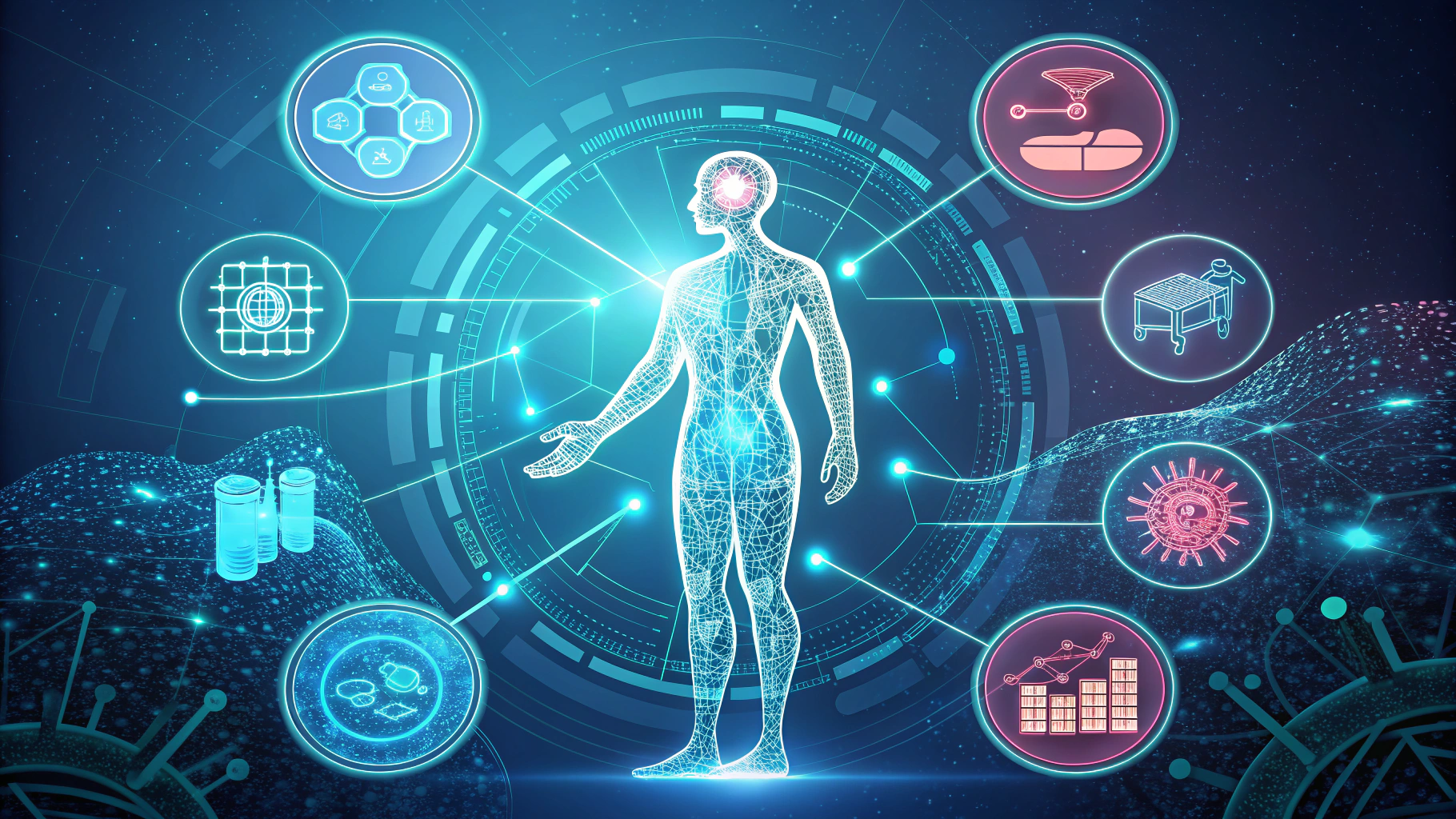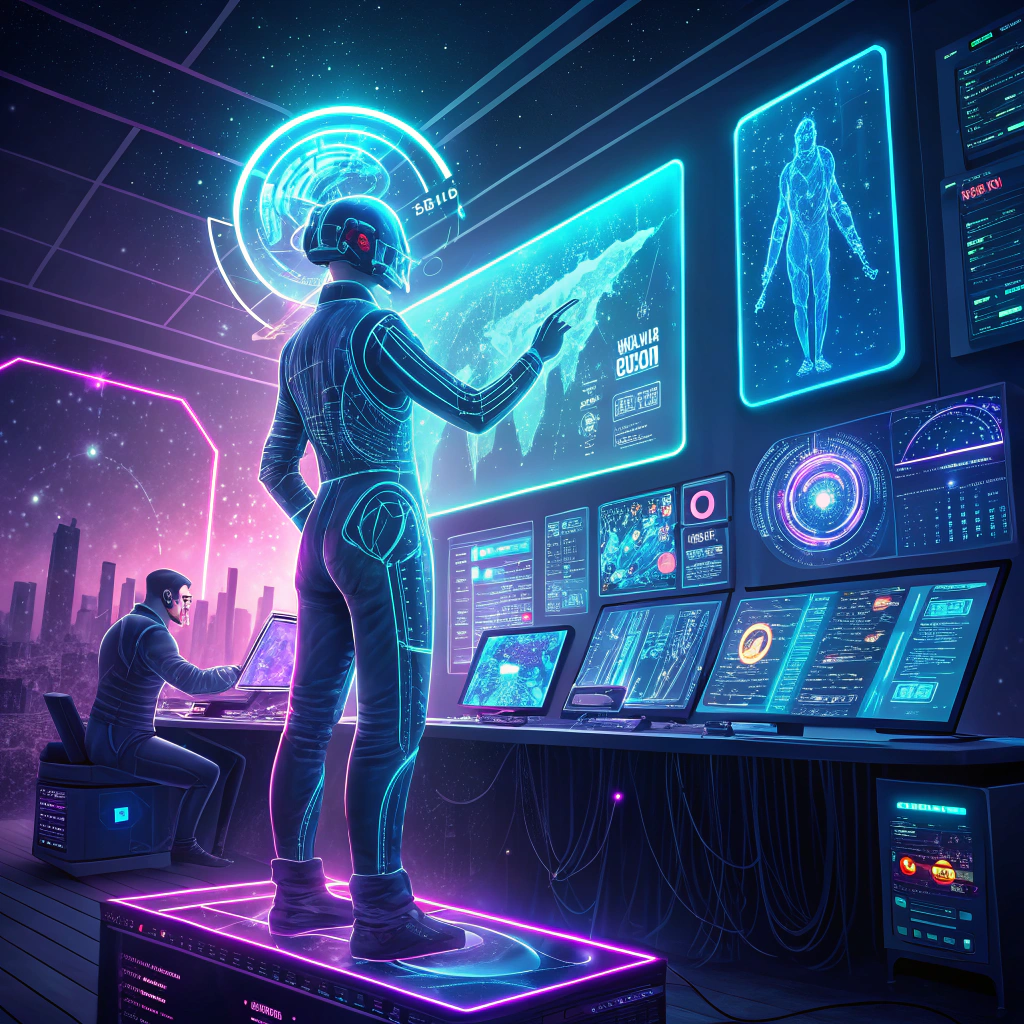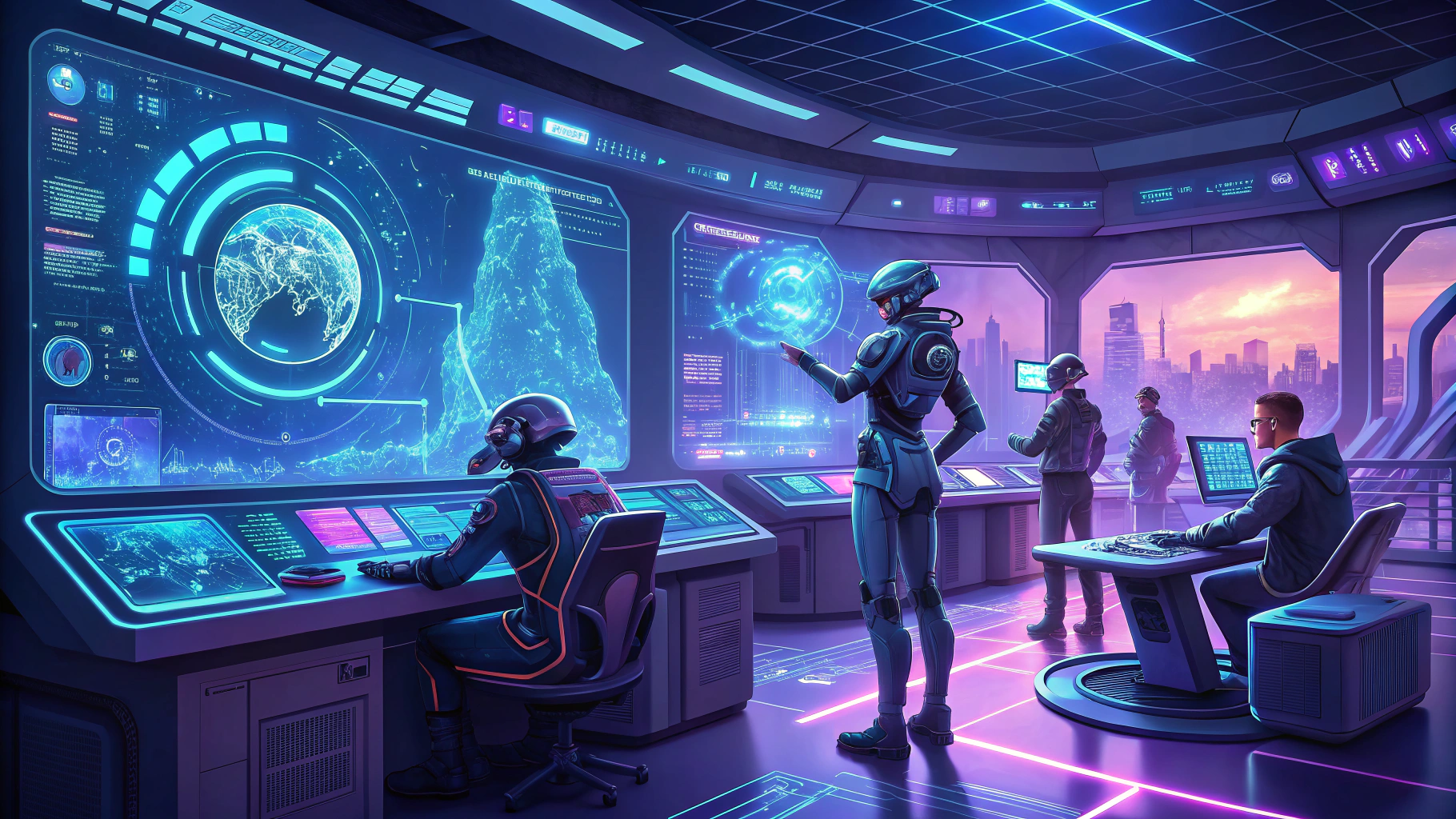AI Agents: Revolutionizing the Digital Frontier with Advanced Agent Strategies

AI Agents: Revolutionizing the Digital Frontier | Agent Insights

AI Agents: Revolutionizing the Digital Frontier with Advanced Agent Strategies
Artificial intelligence is reshaping industries across the globe, and at the heart of this revolution are agents. These intelligent systems enhance automation, streamline processes, and optimize decision-making, making them indispensable in sectors such as healthcare, finance, marketing, and more.


Understanding Agent-Based Models: A Comprehensive Guide
In the age of digital transformation, the concept of agents has become increasingly significant. Whether in artificial intelligence, software development, or business process management, agents drive automation, efficiency, and innovation.
What is an Agent?
An agent is an autonomous entity that observes and acts upon its environment to achieve specific goals. Agents range from simple software programs executing predetermined tasks to complex systems capable of learning and adapting dynamically.
Types of Agents
- Simple Reflex Agents: Operate on current inputs using condition-action rules.
- Model-Based Reflex Agents: Maintain internal state based on percept history to handle partial observability.
- Goal-Based Agents: Utilize goal information for decision making, often employing search and planning algorithms.
- Utility-Based Agents: Choose actions based on maximizing a utility function to achieve the best outcomes.
- Learning Agents: Improve with experience by refining their actions and decisions over time.
Applications of Agents
Agents are implemented across various domains. Their use in artificial intelligence proves critical in various applications ranging from autonomous driving to intelligent customer support. In business, agents enhance process automation, leading to more efficient operations:
- Artificial Intelligence: Enabling machines to mimic human decision-making.
- Business Process Automation: Streamlining tasks like customer service and data management.
- Robotics: Empowering robots to interact intelligently with the real world.
- Internet of Things (IoT): Connecting devices and enabling smart environments.
The Evolution of Agents
From basic rule-based systems to intelligent, self-learning entities, the evolution of agents mirrors advancements in technology and data availability. Their journey reflects how computational power and innovative algorithms have redefined operational capabilities in numerous sectors.
Challenges and Future Perspectives
Despite the tremendous potential of agents, challenges such as ethical considerations, data privacy, and security remain pivotal. Moving forward, further integration with emerging technologies like blockchain and edge computing will likely enhance their functionalities, paving the way for autonomous systems that complement human efforts.
Conclusion
AI agents represent a paradigm shift in how we perceive automation and intelligent systems. As these agents become increasingly sophisticated, their contributions across industries will only expand, making it essential for businesses and technologists alike to embrace and understand their transformative capabilities. The journey of the agent is just beginning, and the future holds immense promise.



